To start the purchase process, you’ll need a personal fiscal number from the local tax office—if you got a local bank account then you were automatically assigned one.
While many countries overseas do not require credentials for real estate agents, Portugal does. You’ll find agents in the city with licenses issued by the government.
Also, the registration of purchase and mortgage both have a fixed cost of 250 euros each, and the stamp duty is 0.8% of the purchase price.
Transfer tax (IMT) is 6.5% and can be avoided through the use of a holding company—but offshore companies have maintenance fees, so make sure you understand the costs of the holding company (and be sure they are lower than the transfer tax cost) before committing to this route.
Agent fees are between 3% and 5% (plus tax, which is 23% in this case), legal fees between 1% and 2%.
The registration fee will be between 0.2% and 1.2%. In total, the buyer can expect to have to pay between 8% and 10% of the property’s total value in fees.
Annually, municipal taxes (called IMI or imposto municipal sobre imóveis) are charged on properties using a formula accounting for variables which include the size of the property and how many amenities or entertainment items (such as pools, tennis court, etc.) it contains.
Each municipality has the right to charge a slightly different IMI value, which range from 0.3% to 0.5%. Older rustic buildings (whose taxable values are normally very low) pay a value of 0.8%.





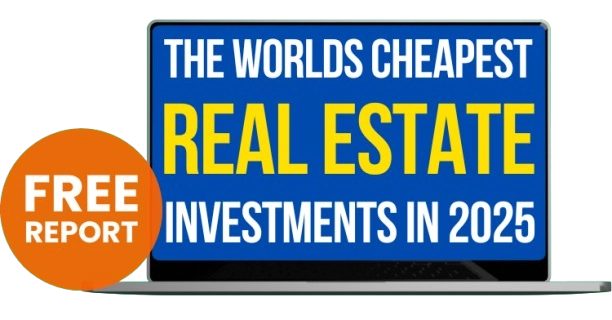
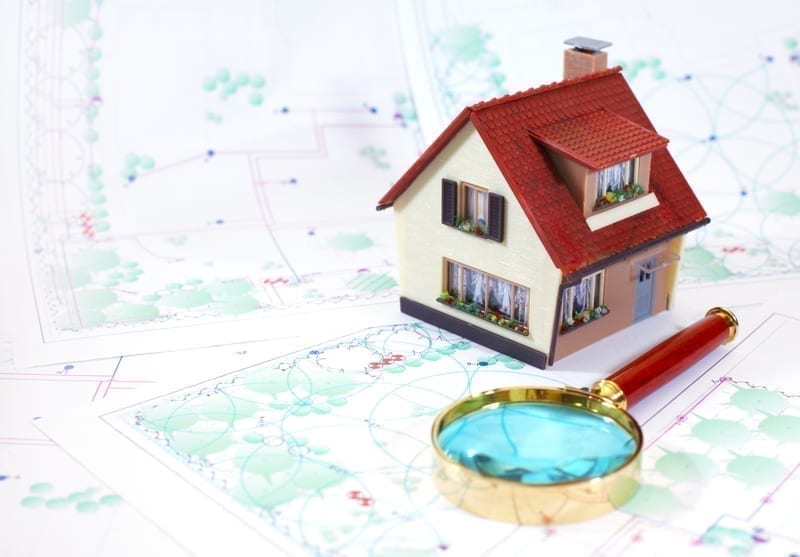

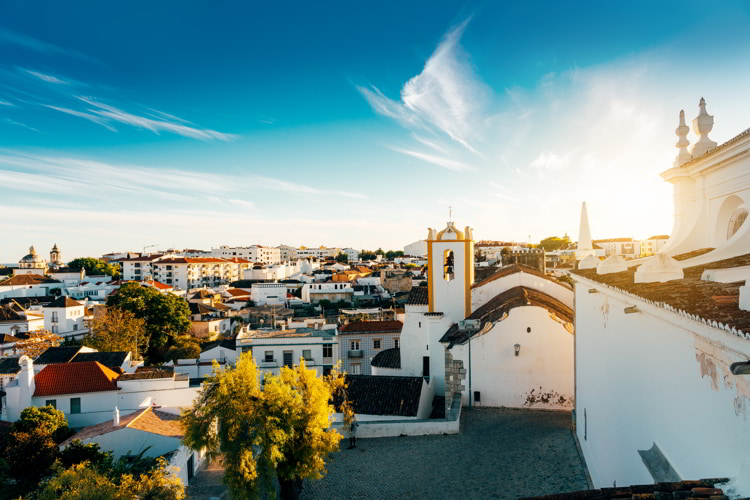 . '
. '
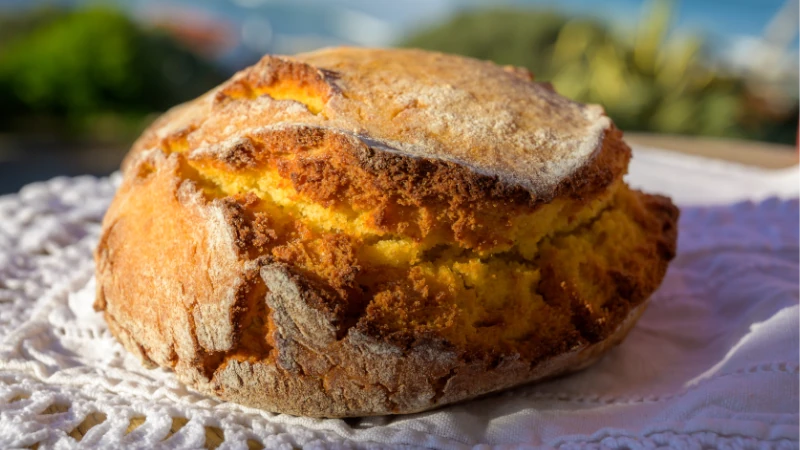 . '
. '
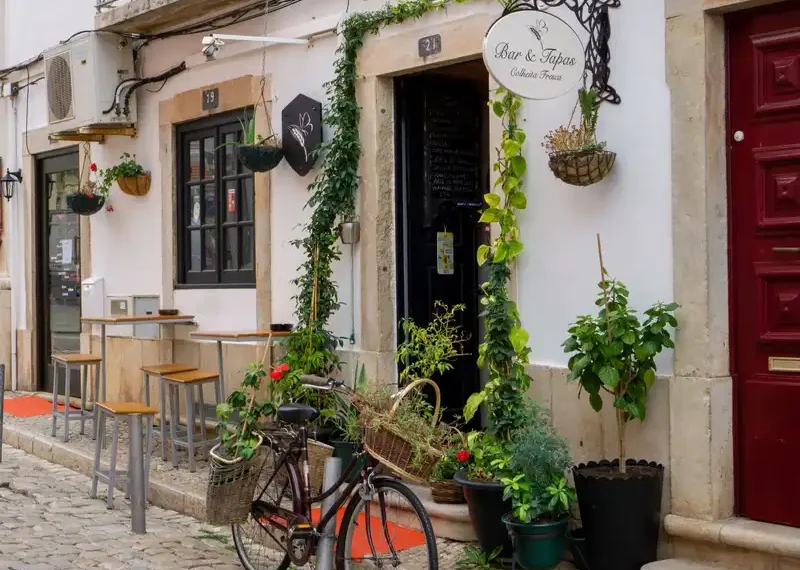 . '
. '
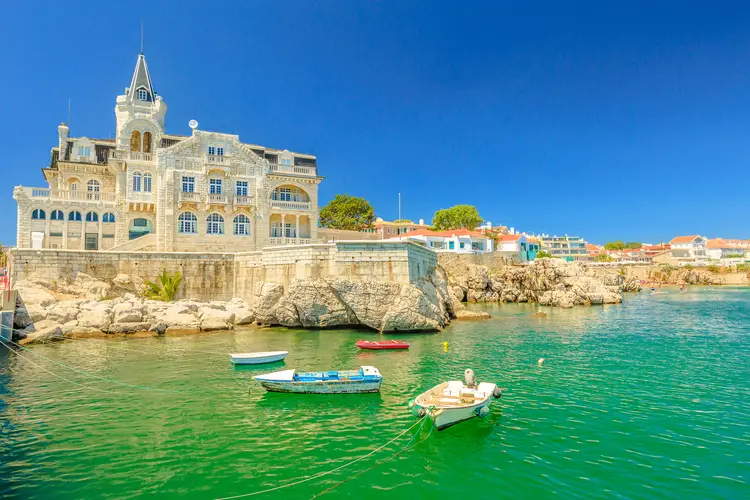 . '
. '
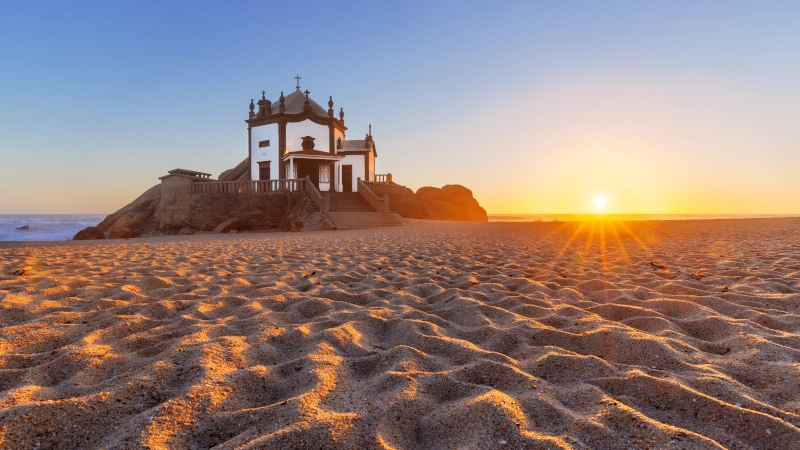 . '
. '








